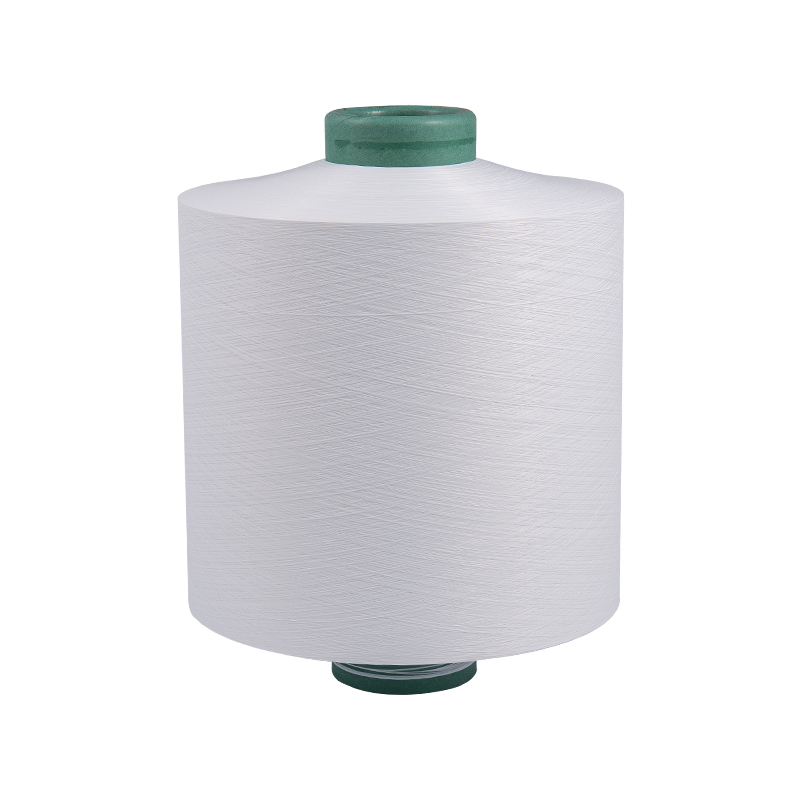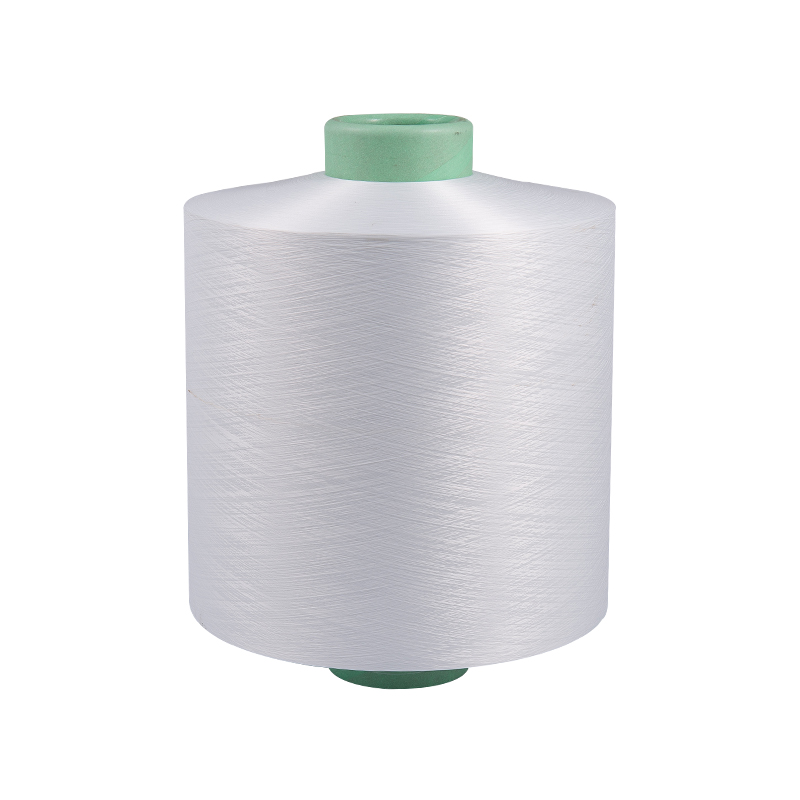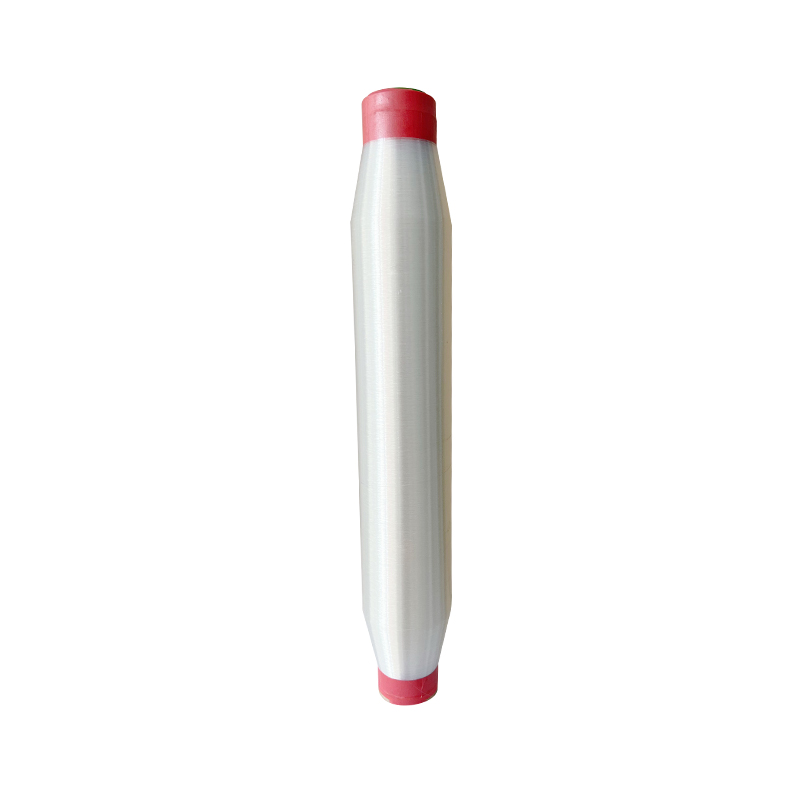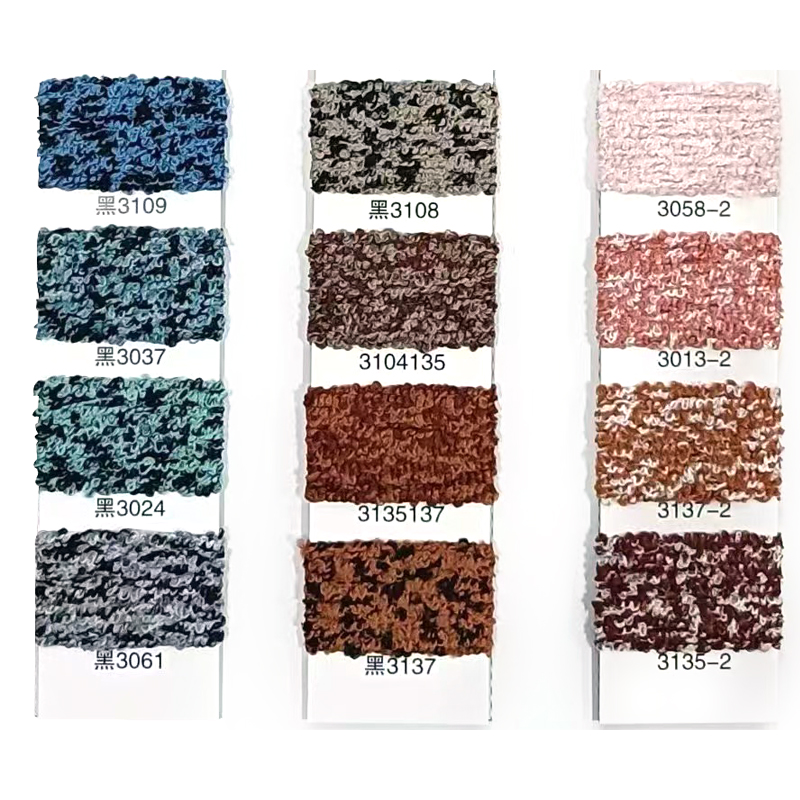What are the primary applications of polyester monofilament yarn in various industries?
2025-07-04
Polyester monofilament yarn is a single, continuous filament yarn made from polyester, known for its high strength, durability, and excellent resistance to environmental factors such as UV radiation, chemicals, and abrasion. These qualities make it highly valuable across a broad spectrum of industrial, commercial, and consumer applications. Below is a comprehensive overview of the primary uses of polyester monofilament yarn in different industries:
Content
1. Textile and Apparel Industry
Polyester monofilament yarn plays a significant role in specialized textile manufacturing. Its smooth texture and ability to retain shape without stretching or sagging make it an ideal component in producing a variety of fabrics and textile products.
-
Mesh Fabrics and Nets: Polyester monofilament yarn is extensively used in creating mesh and net fabrics such as tulle, voile, and organza. These materials find applications in fashion, bridal wear, costumes, and millinery (hat-making). The yarn’s fine and uniform diameter allows for consistent mesh openings and excellent dimensional stability.
-
Laces and Decorative Trimmings: It is widely employed to manufacture laces, ribbons, and decorative trims used in garments, upholstery, and home décor. The yarn’s strength ensures these items maintain their form and durability even after repeated use or washing.
-
Industrial Textiles: Beyond decorative textiles, polyester monofilament yarn is utilized in technical textiles where performance matters, such as conveyor belts, protective covers, and filtration fabrics.
2. Agricultural Applications
Agriculture benefits greatly from polyester monofilament yarn due to its weather resistance and mechanical strength.
-
Crop Protection Nets: These nets protect crops from excessive sunlight, hail, insects, and birds. Made with polyester monofilament yarn, the nets provide durability to withstand harsh outdoor conditions and UV exposure without degrading quickly.
-
Shade Nets and Greenhouse Fabrics: Polyester monofilament yarn is used in weaving shade nets that help regulate temperature and sunlight intensity in greenhouses. These nets improve plant growth conditions and increase yields.
-
Anti-Bird and Anti-Insect Nets: The fine, strong yarn is ideal for nets that prevent birds and insects from damaging crops, reducing the need for chemical pesticides.
3. Industrial and Technical Uses
The unique properties of polyester monofilament yarn make it a preferred choice for various industrial applications requiring strength, precision, and resistance to wear.
-
Filtration Media: The yarn’s uniform diameter and chemical resistance allow it to be woven into filter fabrics used for liquid and air filtration in industries such as water treatment, food processing, pharmaceuticals, and chemical manufacturing.
-
Geotextiles: In civil engineering, polyester monofilament yarn is used in geotextiles that support soil stabilization, erosion control, drainage, and reinforcement of roads and embankments.
-
Safety Nets and Barriers: Polyester monofilament yarn is employed to make safety nets for construction sites, sports arenas, and other areas where fall protection or debris containment is critical.
-
Ropes, Cords, and Cables: Due to its high tensile strength and abrasion resistance, the yarn is widely used to manufacture industrial ropes, cords, and cable reinforcements that require durability under heavy loads.
4. Sports and Recreation
In sports and recreational activities, polyester monofilament yarn contributes to equipment and gear that require light weight, strength, and durability.
-
Sports Nets: It is commonly used to make tennis nets, volleyball nets, soccer goals, and fishing nets. The yarn’s resistance to stretching ensures nets retain their shape and tension over time.
-
Outdoor Gear: Polyester monofilament yarn is integral in producing lightweight, strong fabrics for camping tents, backpacks, hammocks, and protective coverings.
-
Marine Applications: The yarn’s resistance to moisture and saltwater makes it suitable for marine ropes, fishing lines, and sails.
5. Automotive and Transportation
In the automotive sector, polyester monofilament yarn serves as reinforcement and structural material.
-
Tire Reinforcement: The yarn is used as a reinforcing layer in tire manufacturing, providing strength and flexibility to withstand constant stress and deformation.
-
Conveyor Belts and Hoses: Polyester monofilament yarn enhances the mechanical properties of conveyor belts and industrial hoses used in material handling and transport.
-
Composite Materials: It is increasingly used in composite reinforcements where high tensile strength and durability are necessary.
6. Home Furnishings and Interior Design
The durability and aesthetic versatility of polyester monofilament yarn allow it to be used in various home furnishing products.
-
Curtains and Sheer Fabrics: The yarn is woven into sheer curtains and voile that combine transparency with strength, offering decorative yet functional window treatments.
-
Mosquito and Insect Nets: Insect nets made from polyester monofilament yarn provide long-lasting protection against mosquitoes and other insects in residential settings.
-
Upholstery and Decorative Fabrics: The yarn adds strength and dimensional stability to upholstery fabrics, ensuring long-lasting furniture coverings.
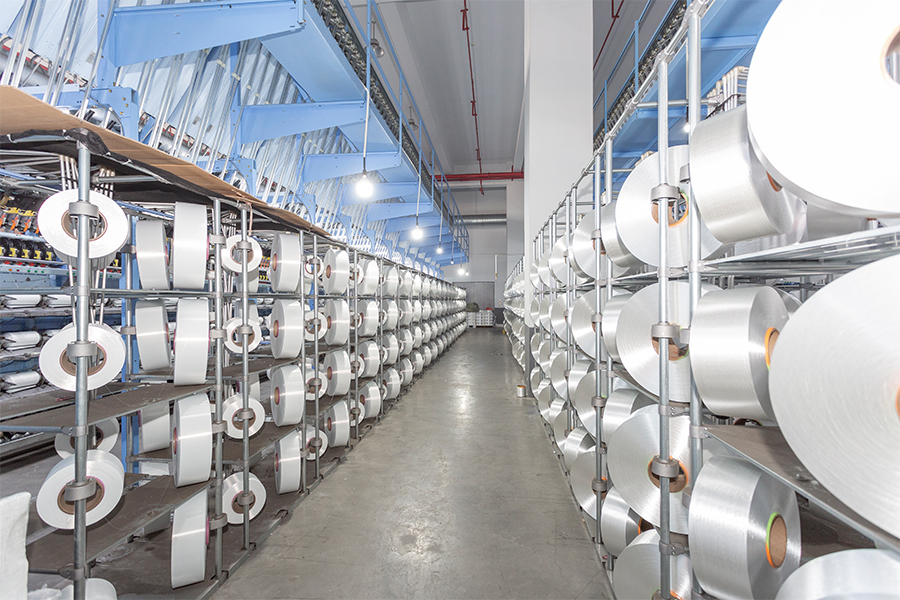
Polyester monofilament yarn’s combination of mechanical strength, environmental resistance, and versatility positions it as an essential material in many industries. From delicate textile meshes used in fashion and home décor to heavy-duty industrial applications like filtration, geotextiles, and reinforcement, this yarn meets diverse needs. Its resistance to UV radiation, chemicals, and abrasion ensures long-term performance even in demanding environments.
Advancements in manufacturing technologies continue to expand the capabilities and applications of polyester monofilament yarn, making it a crucial component in emerging fields such as sustainable textiles and high-performance composites.




 English
English 中文简体
中文简体 Español
Español عربى
عربى

